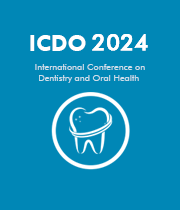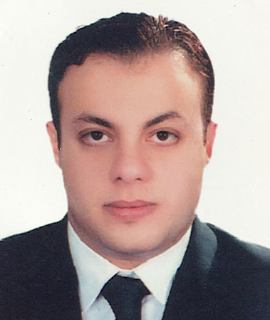Title: Assessment of microtensile bond strength of nanoclay modified adhesive systems using bulk fill resin composite
Abstract:
Composite polymerization creates internal stresses that cause bond loss at the tooth composite interface, cuspal deflection, and enamel crack formation; that are potential restoration failure. Aims: The aim of the present study was to evaluate micro-tensile bond strength of bulk-fill resin composite to human dentine of extracted teeth using nanoclay modified adhesive system (with and without organic modifier). Materials and Methods: A total of 120 caries-free permanent human posterior teeth were used. They were classified, according to type of adhesive system used, into three main groups, (40 teeth each). In the first group Prime & Bond universalTM dental adhesive system was used (control group A1). In the second group Dellite® 43B modified adhesive system was utilized (A2). While in the third group Dellite® LVF modified adhesive system was utilized (A3). Each group will be subdivided into two equal subgroups B0, B1 according whether thermocycling was conducted or not (20 teeth each). Results: Result revealed that, there was a significant difference in mean microtensile bond strength of the three tested materials The best results achieved by Dellite 43 modified adhesive system followed by Dellite LVF modified adhesive system finally conventional Prime & Bond universal adhesive system and bond. Difference in Microtensile bond strength between thermocycled and Nonthermocycled were highly significant revealed by independent samples t-test (t-statistic=-7.56; sign-2-tailed<0.001***).
Conclusion: Addition of Nanoclay (montmorillonite) with organic modifier to universal adhesive material is valuable to augment the bond strength of bulk fill resin composite to human dentition. (2) Thermocycling adversely affect the bond strength of nanoclay /adhesive system complex to tooth tissue.
Audience Take Away:
- Organic modified montmorillonite adhesive produced favourable pulp response
- Organic modified montmorillonite adhesive is a promising biocompatible material comparable to conventional adhesive
- Adding Nanoclay (montmorillonite) with organic modifier to universal adhesive material is valuable to augment the bond strength of bulk fill resin composite to human dentition
- Thermocycling adversely affect the bond strength of nanoclay /adhesive system complex to tooth tissue



